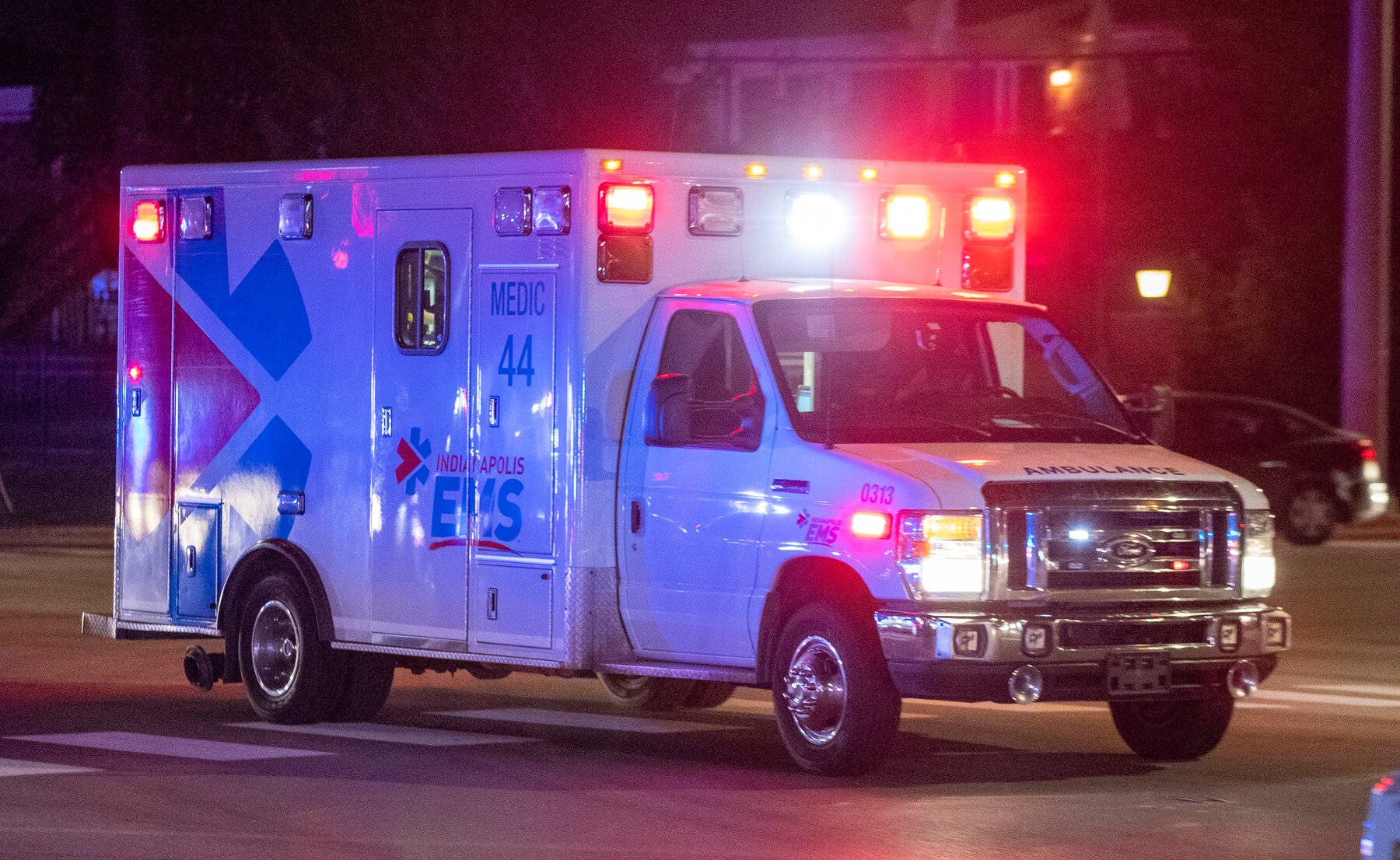
Let’s connect the public with EMS.
For non-EMS providers, the public, and everyone in between - these articles are specifically written for the public audience.
Get Involved: Stop the Bleed
In this article, we discuss the Stop the Bleed initiative and its potential impact on reducing trauma deaths in the United States. Stop The Bleed interventions train the bystander to apply pressure to wounds, recognize dangerous bleeds, and apply tourniquets.
Interested in getting a view at what EMS providers read? Take a look below.
In this article, we discuss the basic pathophysiology and clinical pearls of alcohol withdrawal management, including CIWA scores and benzodiazepine use as it pertains to the ER nurse or EMS provider.
In this article, we discuss the basics of transgender gender- affirming care, important clinical pearls for EMS providers, and best practices to approach transgender patients.
In this article, we discuss the most common mental health medication classes, considerations for EMS providers, and major life threats such as neuroleptic malignant syndrome.
In this article, we discuss the intricacies of acute cocaine toxicity management in the prehospital realm, including common signs and symptoms, medications involved, risk factors, and EKG changes.
In this article, we discuss the pathophysiology of testicular torsion, the prehospital recognition and management of it, and the in-hospital therapies available for these patients.
In this article, we discuss the pathophysiology behind hypoglycemia and its causes. We also discuss special cases such as alcohol-induced hypoglycemia, sepsis, and diabetic coma.
This article is a long-form, easily accessible way to explore different EKG patterns and their pathophysiology. Last updated 6/16/2023.
In this article, we discuss the basics of intracranial pressure issues, the EMS management of said issues, the pathophysiology behind principles such as the Monro-Kelli doctrine and uncal herniation, and the latest research in trauma care.











In this article, we discuss the basics of rapid sequence intubation and the EMS providers’ role in the process. We discuss the pathophysiology, medications involved, and basic principles of RSI.